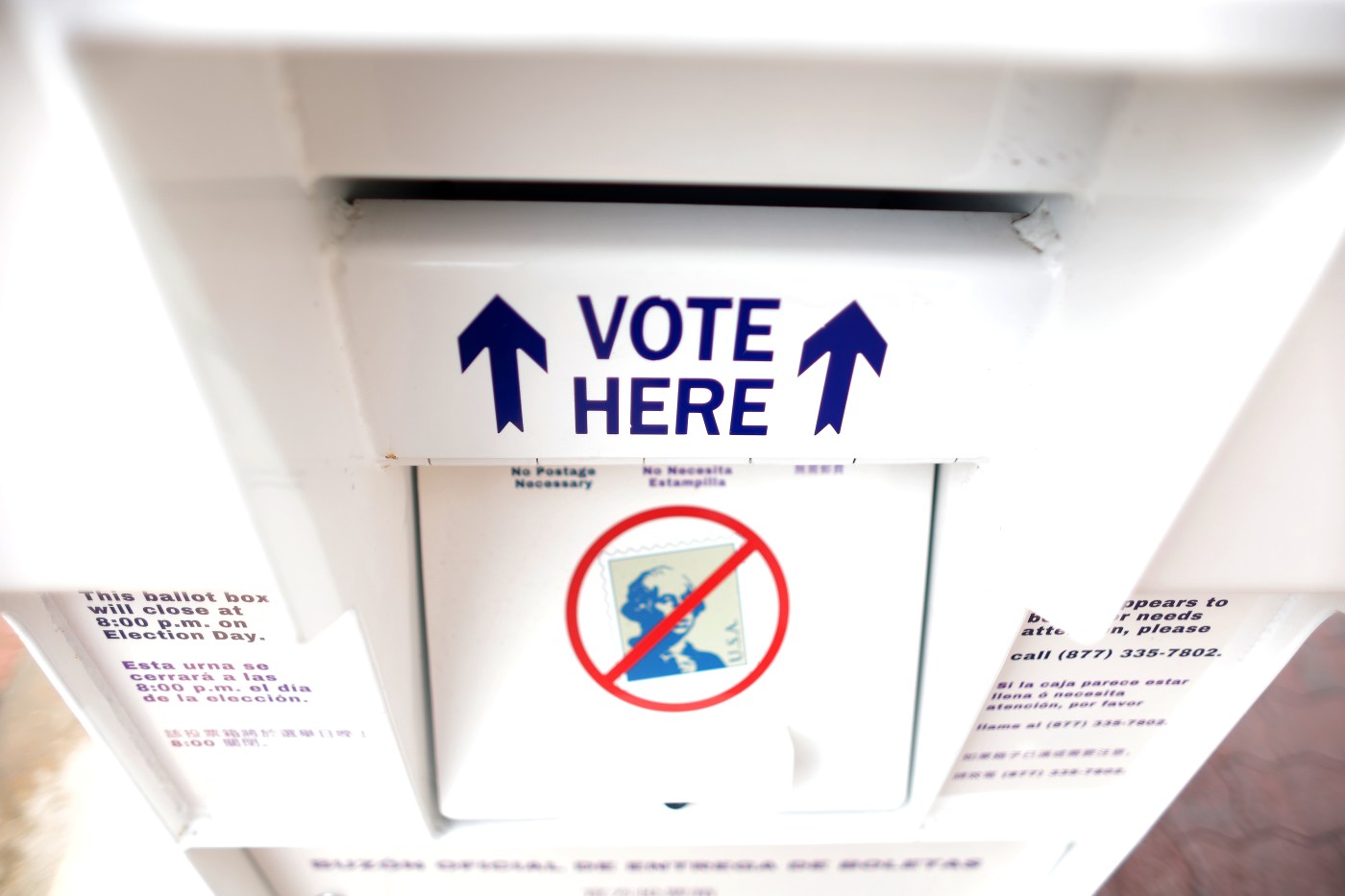PLEASANTON — Tri-Valley mayors could be unseated, taxes could be levied and cleaner air is up for debate in this November’s election.
In Pleasanton, Mayor Karla Brown takes on Councilman Jack Balch for the city’s top seat, with each of them earning the endorsement of an Alameda County Supervisor.
Brown, a former realtor who seeks to enter her second term as mayor with and additional 12 years on council behind her, has vowed to refuse money from commercial developers. She said she has championed bringing millions of dollars in funding from state and federal resources through her tenure in public office.
Brown said her main focus will finding additional clean drinking water, after the city revealed residents for decades were exposed to contaminated ground, and handling the incoming budget shortfalls of estimated at $13 million annually over the next eight years. She has also championed Measure PP, the proposed half-cent sales tax on the Nov. 5 ballot. If approved, the city’s first-ever sales tax measure would raise $10 million annually over the next decade.
Brown, who has served on the Alameda County Transportation Commission and Livermore Amador Valley Transportation Authority Board, said she has “brought millions back to the city” for a “job that is paid a stipend.”
“I believe I am a leader with integrity. I work long hard hours, this is my primary job and it is the best job in the city,” she said in an interview.
Balch, an accountant by trade, hopes to leave his current at-large council job and unseat Brown. He’s already ahead in fundraising, having raised $66,000 to Brown’s $30,700, according to campaign finance records. Balch was the only councilmember to vote against placing the half-cent sales tax on the ballot, saying the city should find other ways to tighten its belt, though he will support what voters decide.
“For me, Pleasanton’s current leadership has drifted from our city of planned progress. I think we need to be getting back on that and looking at regaining our reputation as a well-managed city, working through to address the challenges we have,” Balch said in an interview.
He added, “I respect Mayor Brown’s leadership and willingness to serve … but I just have a different vision for what Pleasanton should be doing. I believe we should be more focused on actually delivering the results.”
Planning commissioners Matt Gaidos, a lead prosecutor for the Alameda County District Attorney’s Office, and Vivek Mohan, a former businessman, are competing for the District 4 council seat. In District 2, Councilmember Valerie Arkin is facing Craig Eicher, a retired Pleasanton police captain who also served as interim chief.
The mayorship is also up for grabs over in Dublin, as current interim Mayor Michael McCorriston, as expected, leaves his post to open the field to four contenders. Current councilmembers Sherry Hu and Jean Josey, along with retired civil engineer Tom Evans and Dublin Human Services Commissioner Shawn Costello, are all running for the spot formerly held by Melissa Hernandez. McCorriston stepped in after Hernandez left to fill a vacancy on the BART Board.
Dublin is also switching to district elections, with District 1 and 3 seats on this year’s ballot. McCorriston runs unopposed for the District 1 job.
“Dublin needs leaders that listen, have experience and vision to guide our diverse city. My wife and I have lived in Dublin for 30 years and raised our two daughters here. I’ve had a successful 40-year career overseeing the financial resources of large multinational corporations,” McCorriston said in his candidate statement.
His top issues in office include public safety investments, economic development, affordable housing solutions and a sustainable environment, he wrote. The District 3 contest is between small business owner Razi Hasni and computer scientist John Morada.
Also on the ballot are Measure II, called the “Dublin Traffic Relief, Clean Air/Open Space Preservations Measure,” and Measure JJ, called the “Government Accountability Act Ballot Measure.”
Measure II seeks to allow Dublin to accept a land donation “to connect Dublin Boulevard 1.5 miles east to North Canyons Parkway, including bike lanes, pedestrian access, improved 911 response/traffic flow, preserve 100 acres of open space” in exchange for a potential 80-acre adjacent commercial development, according to the ballot language.
Measure JJ would “prohibit councilmembers and commissioners from accepting gifts from lobbyists and city contractors; prohibit lobbyists from sitting on city commissions; impose a combined term limit of 12 years for the mayor and/or city councilmembers, while retaining existing term limits for the current mayor and city councilmembers; and require posting of all city contracts on the city’s website for public review,” the measure reads.
Livermore will keep its mayor. Incumbent John Marchand is running unopposed.
“I’m proud of my track record for keeping Livermore financially strong and protecting our beloved community character by preserving open space and creating more parks. Public safety will continue to be my top priority because it’s essential to our quality of life,” Marchand wrote in his candidate statement. “It takes experienced leadership and strategic investments to ensure these goals are achieved.”
Marchand, a water quality chemist, was first elected to council in 2005 and first served as mayor in 2011.
Steven Dunbar, an engineering supervisor, David Farley, a physicist, and Jeff Kaskey, an engineer with experience as a historic preservation commissioner, all are going for the city’s District 3 council job.
Two candidates are running for District 4: Thomas Soules, a retired physicist, and Kristie Wang, a Livermore Valley Joint Unified School District Board Trustee.












